Anna Mucha
出生 : 1980-04-26, Varsovia, Polonia
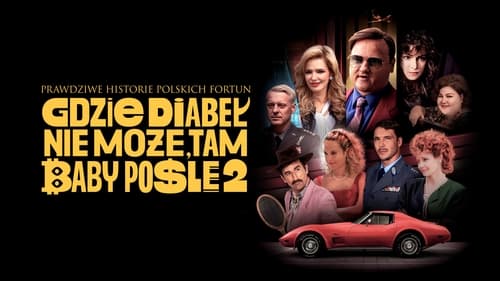
Iwona Mucha
The true story of Polish fortunes and the story of the heroes from the first part has its colorful continuation. Can business friends continue to trust each other when even more money is at stake? How were state-owned companies privatized, garnering millions into private pockets? Who was pulling the strings in free Poland? Even more mysteries. Human weaknesses.
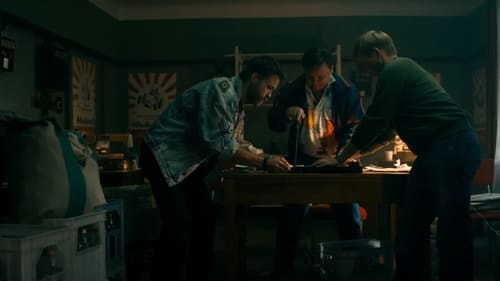
Iwona Mucha
Poland in the 80’s was a country ruled by crisis and a sense of hopelessness. Only few knew how to turn crisis into a business. It was a golden time for them. How did they know what would bring them money? How did they operate in a country where almost everything was forbidden?

Patryk Vega's Mother
Inspired by a real-life story, a controversial narrative that relentlessly strikes against the entertainment industry. The film lays bare the machinery that propels mass entertainment and reveals the price people are ready to pay to succeed in that world.
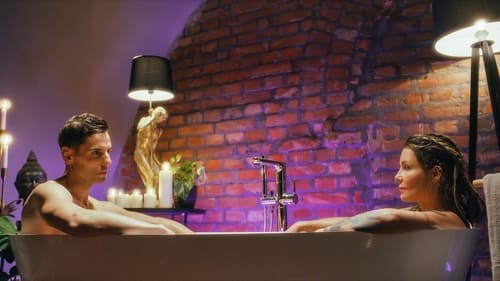
Kaja
We follow the lives of three women and a young man who are sexually liberated and treat monogamy lightly. When the coronavirus pandemic begins, the protagonists are faced with the opportunity of setting their lives straight.
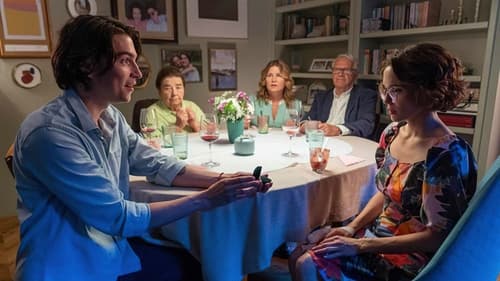
Bożena
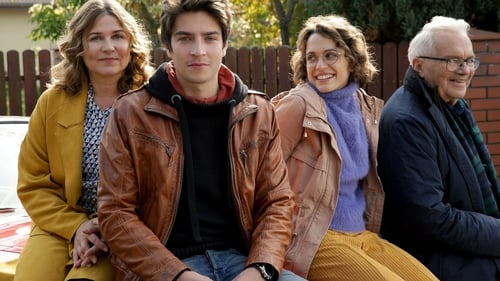
Bożena
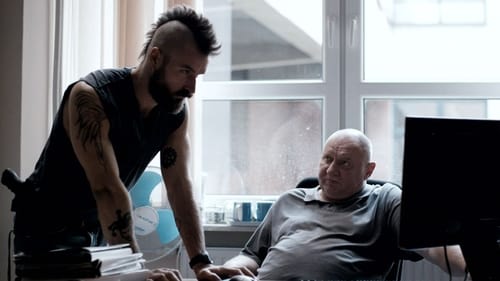
"Kinia"
Policemen from two precincts are joining forces to fight the Mokotowska Group.

Niewierząca Sąsiadka
Ogrodowa Street in Lódz - just opposite a crowded shopping center, a state-of-the-art museum and a posh hotel - is where some of the city's poorest live, completely forgotten by the world. A heart-warming and funny portrait of people excluded from the mainstream of social life; people who might be more capable of sacrifice and love than those who pushed them to the sidelines of society.
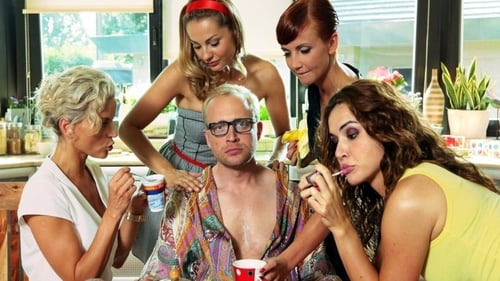
Mira
Karol has everything. He has three mistresses in addition to the bride. He is charming, loves sex and enslaves women in the blink of an eye. He's also well aware of that women like and uses it for his benefits.
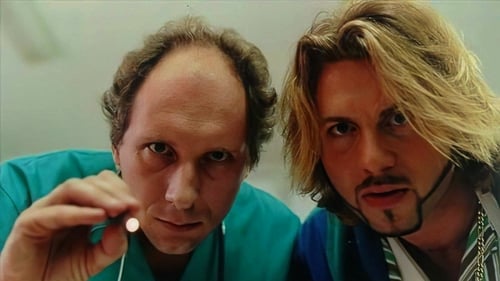
Lili
One of the best Polish comedies of the late 1990s, "Boys Don't Cry" is a satirical look at the gangsters of Poland and some teens who accidentally get involved with them.
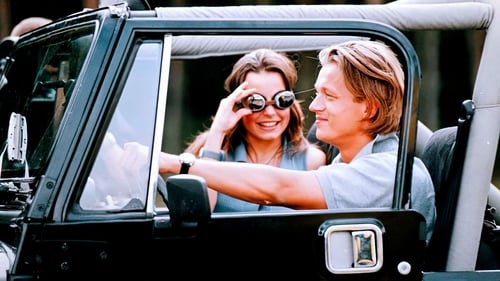
Ania
"Młode wilki 1/2" to druga część historii o młodzieży, która wchodzi w życie w realiach drapieżnego kapitalizmu. Akcja toczy się w 1994 roku, kilka miesięcy przed akcją pierwszej części. "Młode wilki 1/2" nie jest filmem o przemocy i zbrodni. Jest to film o przyjaźni, lojalności i pierwszej miłości. Czasem nieporadnie, czasem ze wstydem, bohaterowie filmu odkrywają w sobie uczucia, które znali jedynie jako puste słowa Dopiero w sytuacjach ekstremalnych odkrywają ich nowy sens. Jest to także film o marzeniach i pragnieniach. Zarówno tych zwykłych, banalnych, jak szybkie samochody i ładne dziewczyny, jak i głębszych, jak chęć znalezienia swojego celu w życiu, potrzeba poznania własnej tożsamości.
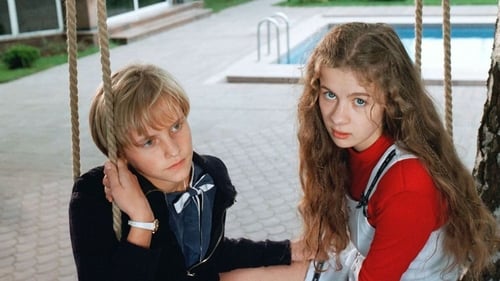
Kasia Bogdanska
A devout Catholic peasant girl is corrupted by two new friends when her family moves to the city. An allegory of traditional Polish values under threat from materialism and decadence in the post-Communist era.
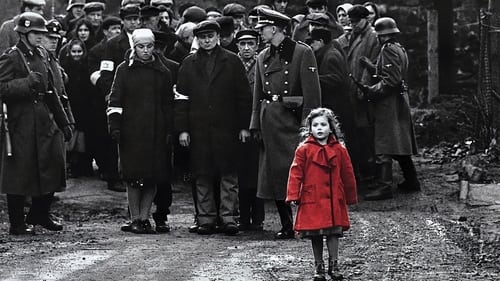
Danka Dresner
1939年、ポーランド南部の都市クラクフにドイツ軍が侵攻した。ドイツ人実業家のオスカー・シンドラーは、一旗揚げようとこの街にやって来た。彼は金にものを言わせて巧みに軍の幹部たちに取り入り、ユダヤ人の所有していた工場を払い下げてもらう。ユダヤ人会計士のイツァーク・シュテルンをパートナーに選んだシンドラーは、軍用ホーロー容器の事業を始める。41年3月、ユダヤ人たちは壁に囲まれたゲットー(居住区)に住むことを義務づけられる。シュテルンの活躍で、ゲットーのユダヤ人たちが無償の労働力として、シンドラーの工場に続々と集められ事業はたちまち軌道に乗る。

Karolina Szymańska
Zbyszek Butryn returns to Poland from exile to help win the Solidarity elections. His children, staying in orphanages, who intend to find him, learn about his father's return.
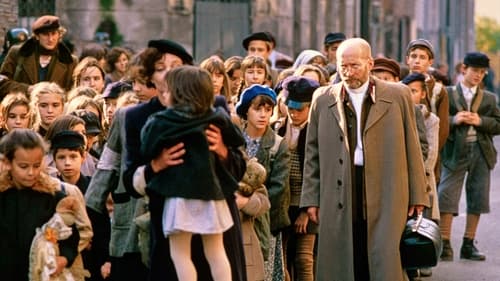
Sabinka
The story of Polish pedagogue Janusz Korczak and his dedication to protecting Jewish orphans during the war.










